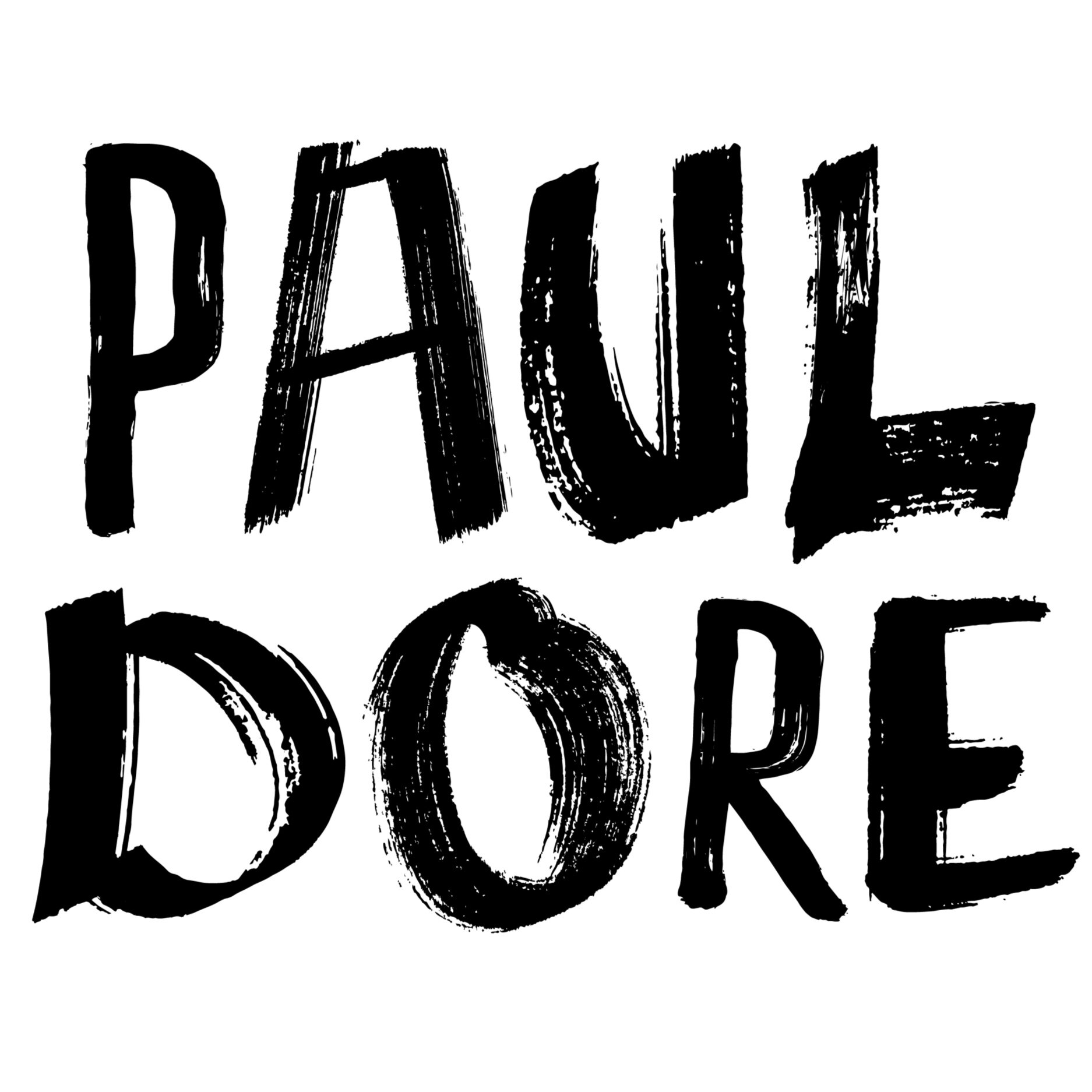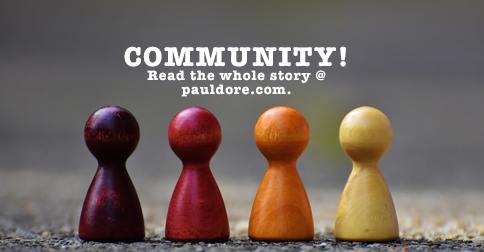9.43 Community!
A few weeks ago, I went to a panel event at a house. It’s not just any house, it’s a place that is intentionally trying to build a community around it. They’ve hosted music events, parties and of course, Stories We Don’t Tell several times. I really like this house, and feel I can walk into an event there alone and be fairly confident I’ll know at least a few people. Not many places where I feel that level of confidence.
This particular panel included a friend of mine and some ministers. They were talking about how they foster community leadership in their own particular way. It was a fascinating conversation that explored the many ways there are to animate spaces - secular, non-secular - and make people feel as though they belong there.
At the beginning of the talk, the moderator asked for a show of hands those people who considered themselves to be a community builder. At least half the audience raised their hands. I did not. This is not something I’ve thought about in regards to what I do, at least, not in any intentional way. Talking with a friend after the panel, he referred to me as a community builder because of Stories We Don’t Tell. This gave me pause, as I’d never really considered the event in this capacity before.
On my walk home, I kept thinking about something that came up during the conversation - the concept of building an intentional community. What about an unintentional community? At the start of Stories We Don’t Tell, it really was about expanding on our own experiences with writing and storytelling and sharing it with a wider audience.
As it grew, people seemed to enjoy it - both those that came to listen and the storytellers themselves - and it kept going and getting bigger. We often saw the same faces in the crowd and performers kept returning to share more stories. Each event is held in a different house or apartment, which was a decision that was pretty much not even a discussion. This simple decision was probably one of the most important we made. I enjoy going to events at bars or cafes, but there is often a stage and a microphone, which can create a barrier between the audience and performer. By doing Stories We Don’t Tell in a house, there’s people everywhere - on the floor, steps, crunched in all together. No one ever seems to mind. And people stay afterwards to talk with each other and the storytellers. I’m not saying it’s better than a bar, just different, more in line with what we wanted to be the tone of our event.
At the end of our September event, as everyone got up off the floor and started mingling, I looked out at the crowd of at least 60 people, most with smiles on their faces and talking with each other and staying around. I thought about how important this one day out of the month has become to me, and perhaps, important to other people. It’s something I’m proud to have a hand in creating, and I deeply appreciate anyone that has participated, whether they walked into a stranger’s house to hear some stories to those that have shared something about their life.
I guess you’d call this community building.
Thank you to the organizers, hosts, and panellists at the community building event.

